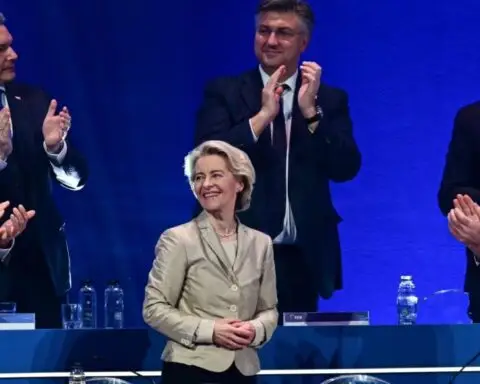The Bank’s Board of Directors today approved a request by the Czech government to help with recovery from the Covid-19 crisis.
The EBRD’s re-engagement will be temporary and not exceed a period of up to five years. It will be limited in scope and focused on the private sector. It will complement support provided by the European Investment Bank and the European Union (EU).
A joint assessment by the EBRD and the Czech government identified as areas of engagement the provision of direct and private equity to strengthen companies that have suffered revenue losses as a result of the pandemic and those that have found new growth opportunities. The Bank will invest venture capital to support innovative, high-growth local small and medium-sized enterprises that have limited access to finance. Further development of the local capital market will also facilitate the financing of the real economy.
The green energy transition remains a high priority of the Czech Republic’s agenda. The energy intensity of the Czech economy is nearly twice the EU average and the country is one of the largest greenhouse gas emitters in Europe, with 75 per cent of its heating produced from coal. The EBRD can offer its know-how in strengthening the regulatory environment for renewable energy and support energy efficiency investments with dedicated credit lines to address these challenges.
The EBRD stopped investing in the Czech Republic at the end of 2007 following the country’s request to graduate from being a recipient of the Bank’s funds. However, the Czech Republic always remained a shareholder of the EBRD, managed its portfolio and supported Czech companies in third markets. The new approach will be reviewed after three years.






